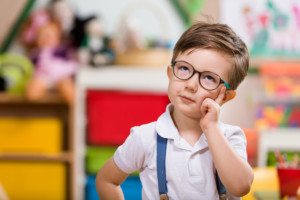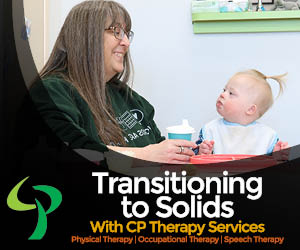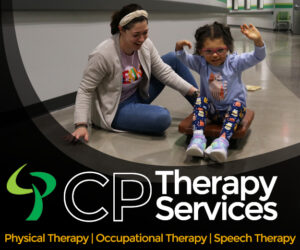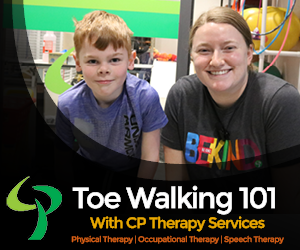[Sponsored post from Prevea Health]
We all know that children need to go to the dentist every six months and to the pediatrician yearly for a well-child visit; but did you know that kids should also have a yearly eye exam? You may be wondering if this is really necessary. The answer is YES! Here are four reasons why I think it is so important for your little one to have an eye exam before he/she starts 4K.
1. Vision and learning go hand in hand.
Children will develop visual abilities during preschool that they will use throughout their school years and into adulthood. Clear and single vision is essential for your child’s success both in school and during extracurricular activities such as sports. It is estimated that 80 percent of what a child learns is through their vision. Bringing your child in for a complete eye exam will ensure they are ready to be successful at the start of each school year.
2. Screening does not take the place of an eye exam.
There is a common misconception that a vision screening is the same as a comprehensive eye exam. A screening at a pediatrician’s office or at school is a quick way to indicate whether there is a need for further evaluation. A screening often only assesses one or two areas of vision and cannot diagnose eye or vision problems. During a complete eye exam, not only will your child’s vision be tested, but the doctor will also look at your child’s ability to focus their eyes properly and the teaming skills of their eyes. In addition your child’s color vision and eye health will be assessed.
3. Preschool age children often will not voice concern about their vision.
Children do not know their vision is poor because, for many, this is how their vision has always been and they have nothing to compare it to. Until a child gets glasses for the first time, they do not know what they have been missing.
4. Treatment of eye conditions early is crucial for the best vision.
I am sure every parent has heard the term “lazy eye”. Lazy eye refers to amblyopia, which is the lack of clear vision in one eye. From birth until about the age of seven or eight, the eye and brain form connections for vision and visual processing. Amblyopia will prevent these connections from being made. Your eye doctor will suggest treatment options for your child, to allow their visual system to develop to its best potential.
For the best success, make your child’s appointment when your child is most awake and plan to be at the office for about one hour. Lastly, don’t stress. Even if your child is not being cooperative, we have many ways to get the information we need to determine whether or not your child needs glasses.
If you are interested in an eye exam for your child, have questions or are concerned about potential vision problems in your child, Prevea Eye Care can help! Find out more by visiting the Prevea Health website here.
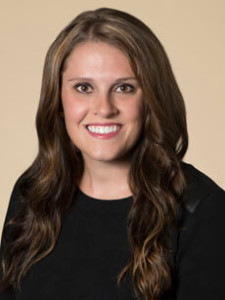 Blog provided by Jessica Hilbert, OD, Prevea Health Optometrist.
Blog provided by Jessica Hilbert, OD, Prevea Health Optometrist.
Get to know Dr Hilbert or schedule an appointment for an eye exam here.


